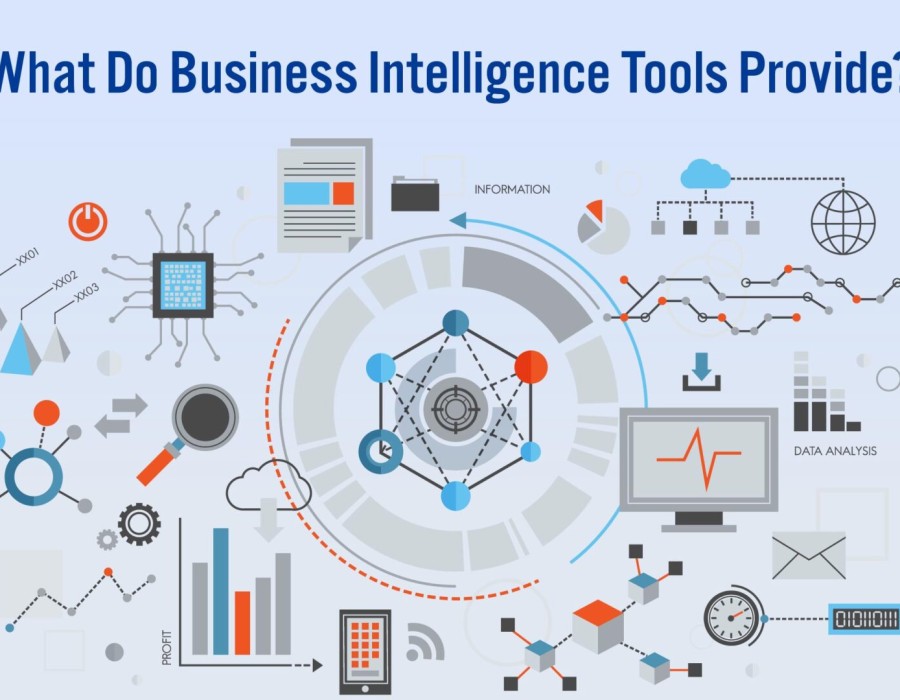In today's swiftly evolving business landscape, solely relying on manual data handling methods can hinder progress. Embracing cutting-edge automation technologies not only saves invaluable time but also unleashes the transformative potential of AI-driven insights for informed decision-making.
Efficient Data Management with Business Intelligence Tools
Business intelligence (BI) tools redefine data management norms, facilitating a seamless journey from data aggregation to visualization. By integrating APIs, automation, AI, and an array of tools, these solutions streamline data processing at every step, except for the final decision-making phase.
Selecting the Right Business Intelligence Tools: A Pivotal Decision
In a market flooded with platforms boasting BI capabilities, finding the perfect fit can be overwhelming. Not all solutions effectively translate data into actionable insights while catering to businesses of diverse sizes. To simplify the decision-making process, we've rigorously evaluated the top BI tools. Let's delve into our insights.
Understanding Business Intelligence Tools
BI tools are intricately designed specialized software applications aimed at aiding organizations in data collection, processing, analysis, and visualization. Their primary aim is to facilitate informed decision-making by presenting vast datasets from various sources in user-friendly formats such as reports, dashboards, and graphs.
The Growing Significance of Business Intelligence Tools
Statistics indicate that, on average, companies rely on approximately 3.8 BI solutions, underscoring the growing reliance on these tools for data analysis and reporting.
Key Functions and Advantages of Business Intelligence Tools
BI tools empower organizations with a plethora of functions and advantages, including:
Data Collection: Aggregating data from internal and external sources into a centralized repository for comprehensive analysis.
Data Processing: Transforming raw data into an analyzable format through processes like cleansing and integration.
Data Analysis: Utilizing techniques such as statistical analysis and predictive modeling to unearth trends and patterns.
Data Visualization: Presenting data through various mediums like reports, dashboards, and charts to enhance comprehension.
Insights and Decision-Making: Deriving valuable insights to steer strategic and tactical decisions effectively.
Enhanced Efficiency: Offering real-time visibility into business operations to optimize efficiency.
Competitive Advantage: Providing insights into market trends and customer behavior to gain a competitive edge.
The Top Business Intelligence Tools for 2024
Below are our top recommendations for BI tools tailored to specific requirements:
Datapine: Offering a comprehensive solution with customizable dashboards and intelligent insights.
Zoho Analytics: Ideal for solopreneurs, boasting free plans and predictive analytics tools.
Domo: Renowned for its user-friendly interface and flexible data management solutions.
Microsoft Power BI: Seamlessly integrates with Microsoft products, ensuring a seamless user experience.
SAS Viya: Providing extensive automation options and customizable dashboards.
IBM Cognos Analytics: Leading in AI functionality with powerful AI assistants for data analysis.
Unleashing the Potential of Business Intelligence Tools
In conclusion, BI tools serve as the foundation of organizations, enabling them to unlock the full potential of their data. By harnessing these tools, businesses can make informed decisions, drive growth, and secure a competitive edge in today's dynamic market landscape.





Comments